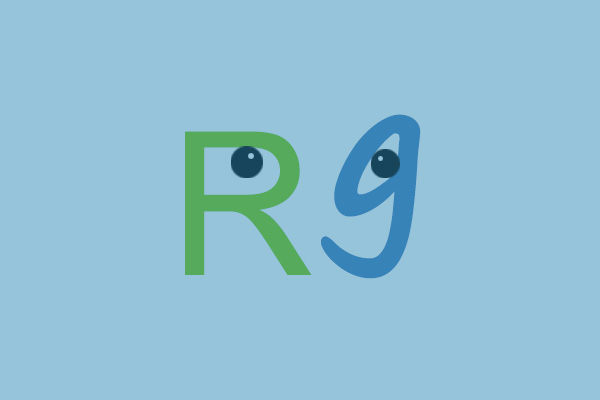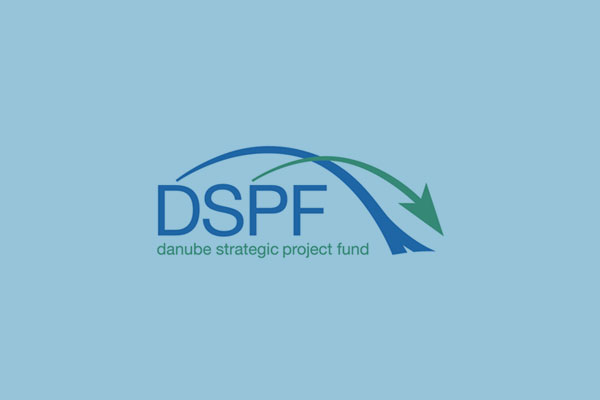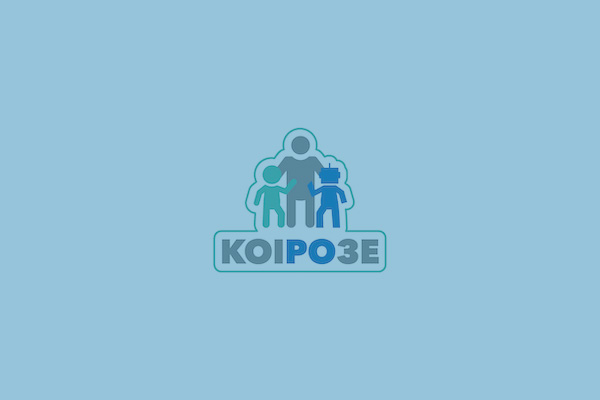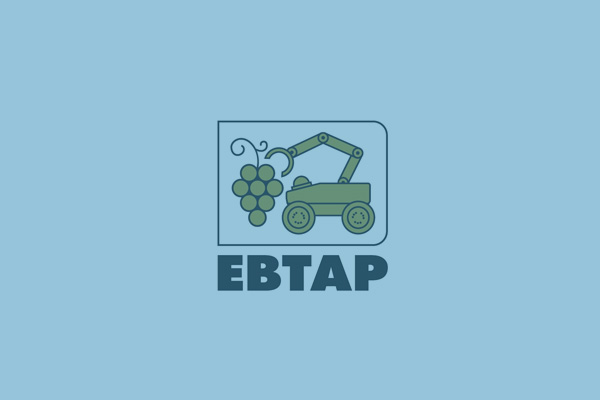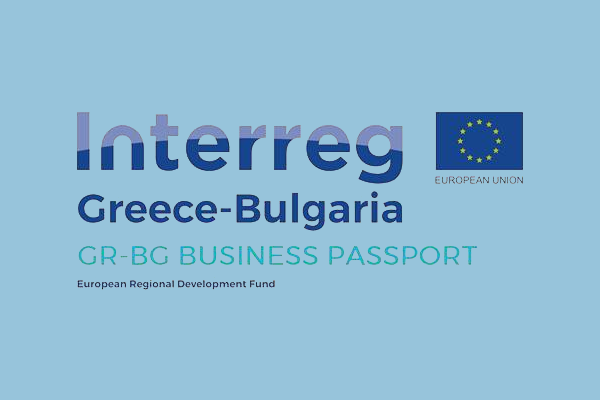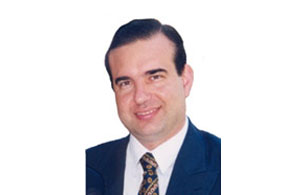The Lattice Computing Paradigm for Modeling Intelligence in Cyber-Physical Systems – the Basque Conference on Cyber-Physical Systems and Artificial Intelligence, San Sebastian, Spain, 2022
V. Kaburlasos, C. Lytridis, C. Bazinas, F. Panagiotopoulos, E. Vrochidou, G. Papakostas, “Chapter 26. The Lattice Computing Paradigm for Modeling Intelligence in Cyber-Physical Systems”, Proceedings of the Basque Conference on Cyber-Physical Systems and Artificial Intelligence, San Sebastian, Spain, 18-19 May 2022, pp. 213-229. DOI 10.5281/zenodo.6562355.


 Greek
Greek